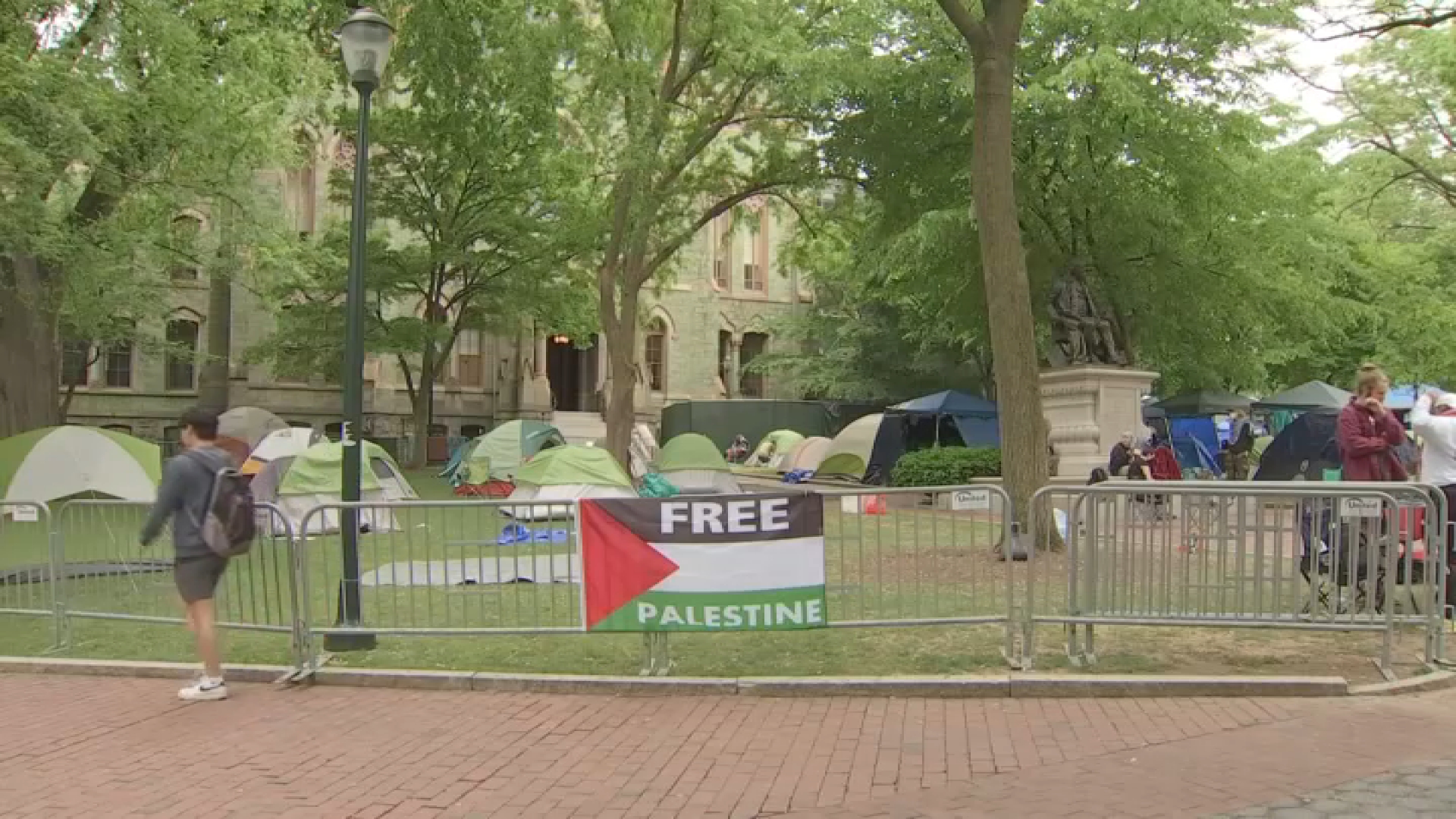More college students are seeking help for mental health concerns than in previous years, according to a report issued by Penn State University’s Center for Collegiate Mental Health (CCMH).
The number jumped 50 percent between 2015 and 2016, according to the report, which gathered data from 139 colleges and universities in the United States.
Of the students who accessed mental health resources, 61 percent reported high levels of anxiety, 49 percent experienced depression and more than 45 percent felt stressed.
Additionally, 26 percent admitted they intentionally hurt themselves and more than 33 percent considered suicide, the report said.
The report described students seeking mental health services, not the general population. Data was compiled using information shared by clinicians.
While college can be a time of growth and exploration, it can also be a time of intense change and subsequent challenges, experts said. The additional pressure to perform at a high level and keep up appearances on social media overwhelm students and can contribute to a dangerous combination of stressors.
Reducing the impact of these stressors is the goal of suicide prevention organization JED Foundation, which partners with colleges to create a wholistic approach to mental well-being. This includes identifying at-risk students, fostering a sense of balance and developing coping skills.
Local
Breaking news and the stories that matter to your neighborhood.
“These issues need to become campus-wide responsibilities from a public health point of view and can no longer be relegated to the health and counseling centers, which is primarily who has been responsible,” said Nancy Roy, clinical director at JED Foundation.
The idea is to reach out to students before they enter crisis mode. This can include a coach or residential advisor asking a student how they are feeling, Nancy TK said. Merely asking the question can encourage students to open up about their experiences instead of remaining silent.
“Just acting like a reasonable concerned person, in almost every case, will be helpful rather than hurtful,” said Dr. Victor Schwartz, chief medical officer at JED Foundation.
While mental health issues appear to be on the rise across American campuses, suicides are actually down among college students compared to their peers who are not enrolled in school, Schwartz said.
Experts attribute this disparity to the resources, community and hope for a better future created by the college environment. Conversely, young people who are not in college face hardships in the workplace and at home, Roy said.
“College is a safe and protected environment,” she said. “The stressors in college oftentime pale in comparison to other kinds of life stressors.”
NBC10 spoke with Roy and Schwartz as part of our Preventing Suicide special report. You can see the digital documentary and web exclusives by clicking here.
If you are in crisis, call the National Suicide Prevention Lifeline at 800-273-8255 or reach out to the Crisis Text Line by texting 'Home' to 741741.



